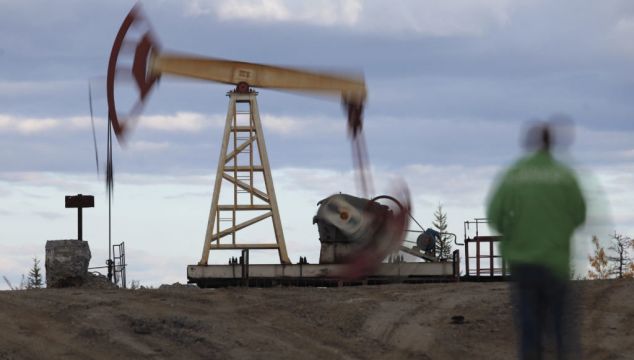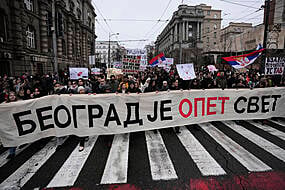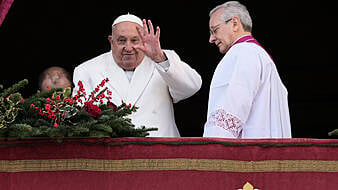Finance ministers from the G7 have agreed a price cap on Russian crude oil and petroleum products.
It comes around six months after Vladimir Putin’s Russian army first invaded Ukraine.
In a joint statement, G7 ministers confirmed the price cap, which will be based on a range of technical inputs and will involve a price level which will be revisited as necessary.
We, the @G7 Foreign Ministers condemn Russia’s attempts to weaponise energy exports and use #energy as a tool of geopolitical coercion. Together we will secure energy supplies and mitigate price increases driven by Russia’s war of aggression. https://t.co/OKqbfegRZ7
— GermanForeignOffice (@GermanyDiplo) August 2, 2022
The ministers said: “We aim to align implementation with the timeline of related measures within the EU’s sixth sanctions package.”
The G7 members also used the statement to reiterate its calls for Russia to " put an end to this war of choice, immediately and unconditionally cease all hostilities, and withdraw its troops and military equipment from the entire territory of Ukraine within its internationally recognised borders".
"We further condemn Russian attempts to weaponise its energy exports and use energy as a tool of geopolitical coercion. Russia is therefore not a reliable energy supplier.
"We will act in solidarity and close coordination to mitigate the impact of supply disruptions on economies and citizens globally and in our countries, especially in order to protect vulnerable groups.
"We are working to ensure Russia does not exploit its position as an energy producer to profit from its aggression at the expense of vulnerable countries," the statement added.
Despite declining oil volumes, Russia saw the value of oil sales jump by more than £600 million (€694 million) in June compared with the previous month due to rocketing prices as a result of the war.







